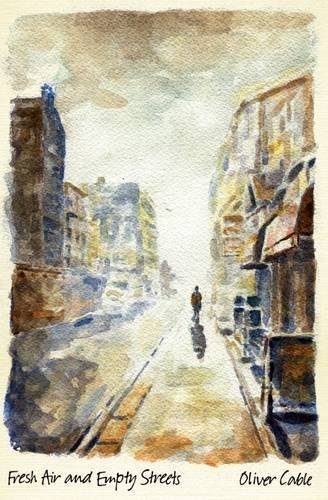Dreaming of Books 10
This is the first new post to resume my dreaming of books series, where I recommend great books to read.
Pat Barker has taken Homer’s tale of The Iliad and retold it through the eyes of one of its central characters – one who barely received a mention in the original. Briseis is a beautiful noblewoman of Lyrnessus, near Troy, captured as a “prize” by Achilles in a Greek raid on the town. Having seen this warrior slaughter her family, she is enslaved as his concubine before being passed on to the Greek commander Agamemnon as disputed booty in a quarrel between the two warriors. She does not merely witness but experiences first-hand the events that unfold in this tragic final year of the siege of Troy.

I am an unconditional fan of Pat Barker. I first got to know her writing in “The Regeneration Trilogy” (Regeneration, The Eye in the Door and The Ghost Road), where her setting was the First World War. The subject of The Silence of the Girls is likewise war, but more specifically how the caprices of male egos cause innocent people – most often women – suffering and death.
I love the approach Barker takes to the concept of gods and mortals here, not attempting to engage in any kind of supernatural fantasy fest but accepting that through their belief her characters acknowledge and experience the gods in a real sense, and are affected by their whims. Being the female slave of the most powerful warrior in the Greek army affords Briseis the protection to wander where she likes in the camp. So she often swims in the bay, attempting to wash away the despair of her slavery. When she comes to his bed one night, “aware of how it must appear to him, the crust of salt on my cheekbones, the smell of sea-rot in my hair,” Achilles seems to become entranced. It is as if, through the sexual act, he is seeking his mother, Thetis (a Nereid or sea nymph, who deserted him as a child), attempting to reconcile her abandonment with his destiny. The imperative of his destiny and need for glory weigh constantly on him, affecting every action: “Ever since he came to Troy, he’s known – intermittently, at least – that he won’t be going home.”
In these days of the Covid-19 pandemic, plague likewise features heavily in this tale, so it is interesting to see how the male characters move through the various stages of hubris, denial, anger, panic and finally humiliation and appeasement, orbiting along their own strict paths of battle codes and honour. Yet it is chilling to see through the women’s eyes how decisions taken by the men directly affect them as they look on at events with an absolute lack of choices over where they live and sleep, what they eat and especially who touches and uses their bodies.
Barker never falls into the common trap of many historical writers of creating an overly prescient or knowledgeable narrator but rather presents a world of raw, bruised and believable humanity, comfortable in its own period even as it is conflicted by its own inequality.
Purchase the ebook here.








